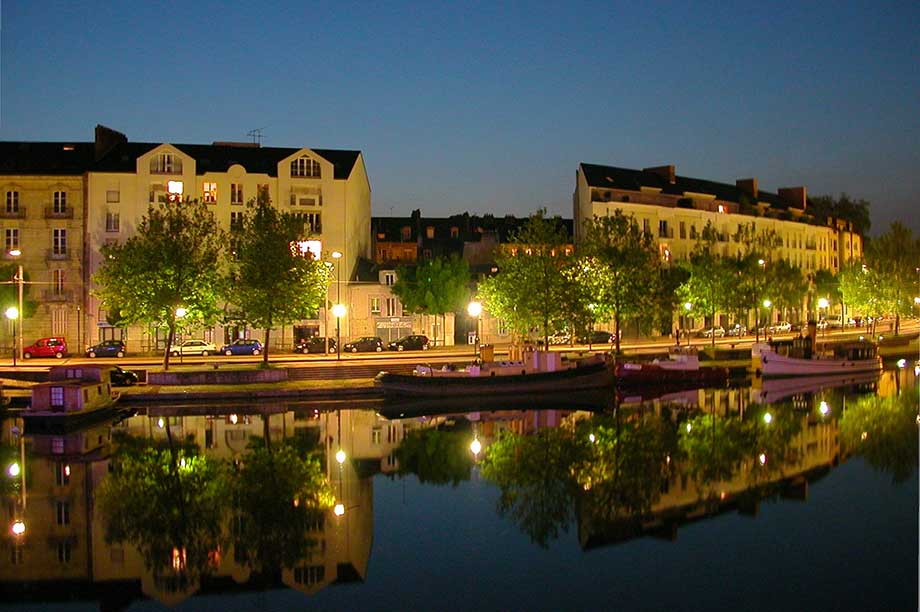A decree published on 10 January will establish a single appeals court at Nantes for offshore renewable-energy projects, in place of the plethora of jurisdictions currently involved; reduce the appeals period; and lengthen the possible validity of the authorisations.
The industry welcomed the move. "The application of the decree will contribute not only to securing the pace of development of offshore wind, but also to simplifying the administrative procedures and the handling of legal cases," French wind association FEE said.
From February, the administrative court in Nantes will be responsible for hearing all appeals concerning authorisations for offshore installations, including permission to occupy the maritime domain, grid connections and port works.
The court must reach a decision within 12 months, although there are no sanctions if it fails to do so.
Appeals must be lodged within four months of the decision being announced, rather than the somewhat absurd timeframe of within six months from when the facility starts operating, under which it currently operates.
Operators can also request that the validity of permits be extended for up to an extra six years, on top of the ten years already allowed, if the operator has been unable to start work within three years for reasons outside its control. And the concession is extended from 30 years to 40.
These measures should not only help speed up deployment, but also "help reduce costs by reducing risk when companies make the final investment decision, which is often several years before the facility comes into production", noted trade body SER.
As ever, it remains to be seen how things work in practice, especially as it is very likely the planned French offshore projects will be attacked in the courts.
This simplification is "a good start, but it now depends how it's implemented in reality," said Lucas Robin-Chevallier, FEE's special adviser on laws and regulations.
Meanwhile, there was good news for the Courseulles-sur-Mer, St-Nazaire and Fecamp projects. The commission overseeing public enquiries recently issued favourable opinions for the projects as part of the permitting process for the concessions to use the public maritime domain and carry out associated work under environmental law.

.png)



.png)









